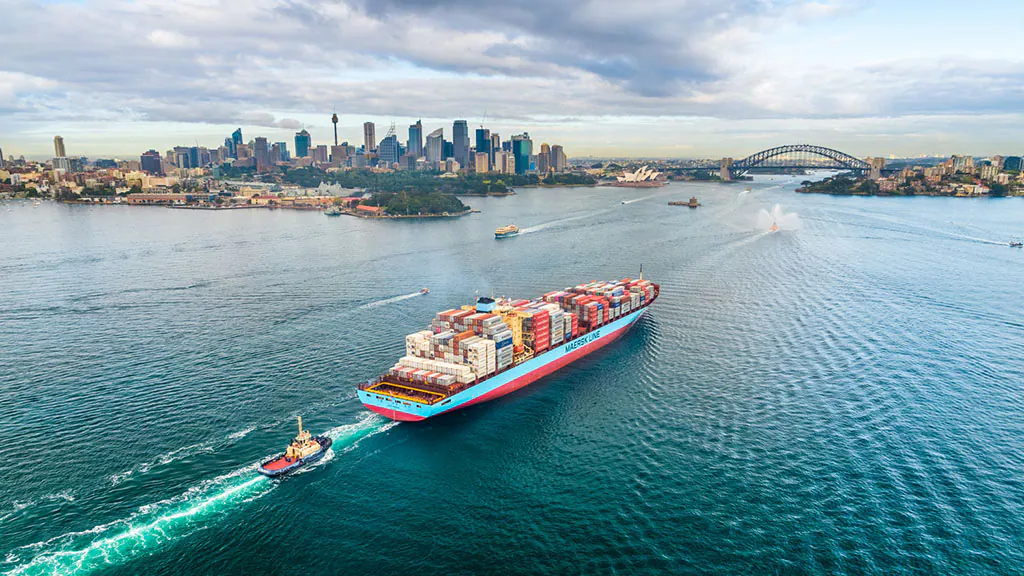
Will the financial “storm” have an impact in shipping?
GREECE : The shipping industry could face some headwinds, as a result of the latest banking crisis, together with the constant increase of rates. In its latest weekly report, shipbroker Xclusiv said that “despite the banking crisis and the “shaking” of the European banking sector, central banks have stuck to their plan against inflation. The BoE raised the key bank rate by 25bps to 4.25% as expected and the Swiss National Bank increased its key policy rate by 50bps to 1.5%, bringing borrowing costs to the highest since 2008. The Norges Bank also hiked interest rates by 25bps to 3%. In Asia, central banks in the Philippines and Taiwan also tightened. Yesterday, the Fed raised rates by 25bps as expected, and dialled back expectations of a rate cut this year, while ECB had already raised its own interest rate by 50bps. But the banking sector is not the only sector that is in effervescence”.

Meanwhile, “global commodity markets are facing increased price volatility, something that may stick for the coming years as lingering geopolitical concerns and the rush to low-carbon energy continues to stress supply-demand fundamentals, according to commodity analysts. Most global commodity traders enjoyed a third straight year of record earnings in 2022 after surging market volatility in the wake of Russia’s invasion of Ukraine boosted trading earnings already elevated due to market dislocations in the wake of the COVID-19 pandemic. But ongoing supply and demand risks from Russia and China and supply chain upheaval from electric mobility and renewable energies means volatility across commodities markets could persist for longer, having impart in shipping industry and vessel’s demand. Talking about shipping industry, the European Parliament and Council have finally reached a deal on cleaner maritime fuels. In a pact on cleaner maritime fuels, the EU asked for a 2% reduction in ship emissions by 2025 and an 80% reduction by 2050. This would apply to vessels with a gross tonnage over 5,000, to all onboard energy consumed in or between ports in the European Union, to half of the energy consumed on voyages where the port of departure or arrival is outside the EU, or in the EU’s most remote regions. Members of the European Parliament made sure that the commission will review the regulations by 2028 and decide whether to expand the scope of the criteria for reducing emissions to smaller ships or raise the percentage of energy used by ships from outside the EU”, Xclusiv said in its weekly analysis.
The shipbroker added that “with the first quarter of 2023 being close to over, we took a glance at dry S&P activity. After weakness in January, dry S&P activity revs up during February and peaked within March. As of 24th March 2023, a total of 157 bulk carrier vessels changed hands, with 66 out of those being sold within March, 57% up compared to January’s bulk carrier sales (42 sales), whilst in February 49 vessels changed hands. Supramax and Handysize segments were the protagonist of dry S&P activity, with 40 Supramax and and 41 Handysize being sold during that period. But who were the main players? According to our data, Greek buyers played a major role both as sellers and buyers during the first three-month period, having purchasing 37 vessels with an average age 10year old.

Source: Xclusiv
Capesize and Supramax segments were the preference of Greek buyers as accounts for 15 vessels (40% of total Greek’s bulk carrier purchases). Furthermore, Greeks played also a key role as sellers, as they have sold 25 vessels year to date, with an average age of 15year old, followed by Chinese who sold and purchased 18 and 22 vessels respectively in the first quarter. The average age of Chinese interest was 14year old, while the buying appetite was focused mainly and equally on Capesize, Ultramax and Supramax segments totalling 18 vessels. Finally, Turkish are also high on the dry bulk buying charts, having purchased 14 vessels with an average age 12year old, and shown firm interest on Supramax and Handysize vessels constituting around 79% of Turkish Bulk Carrier purchases”, Xclusiv

